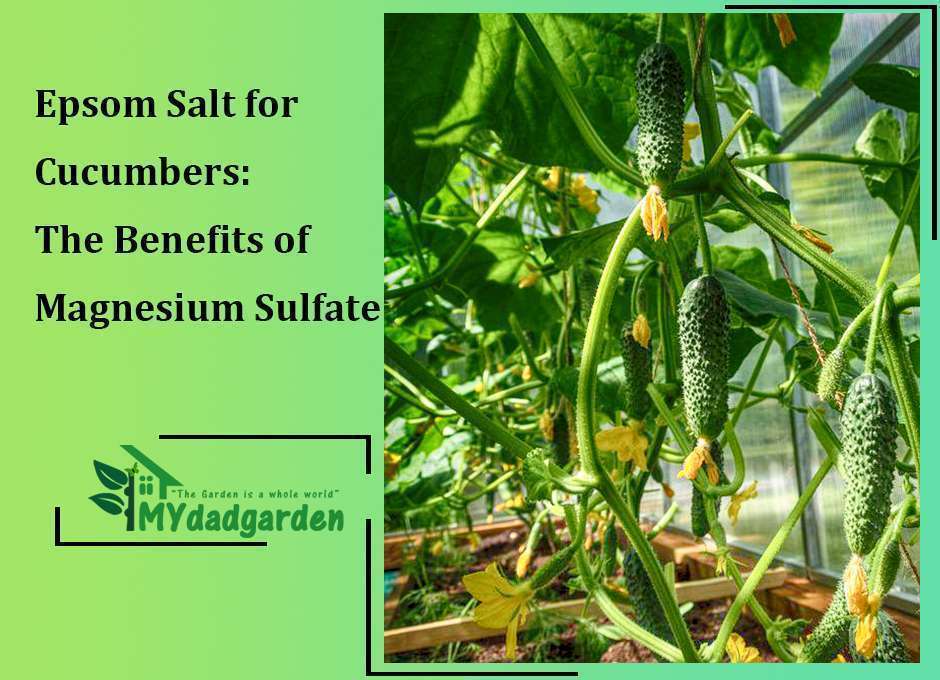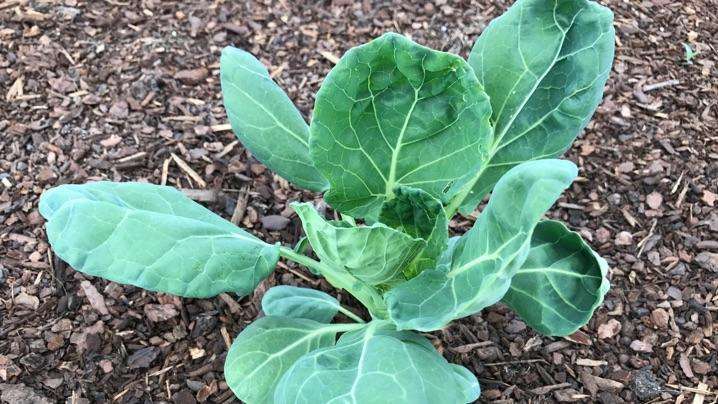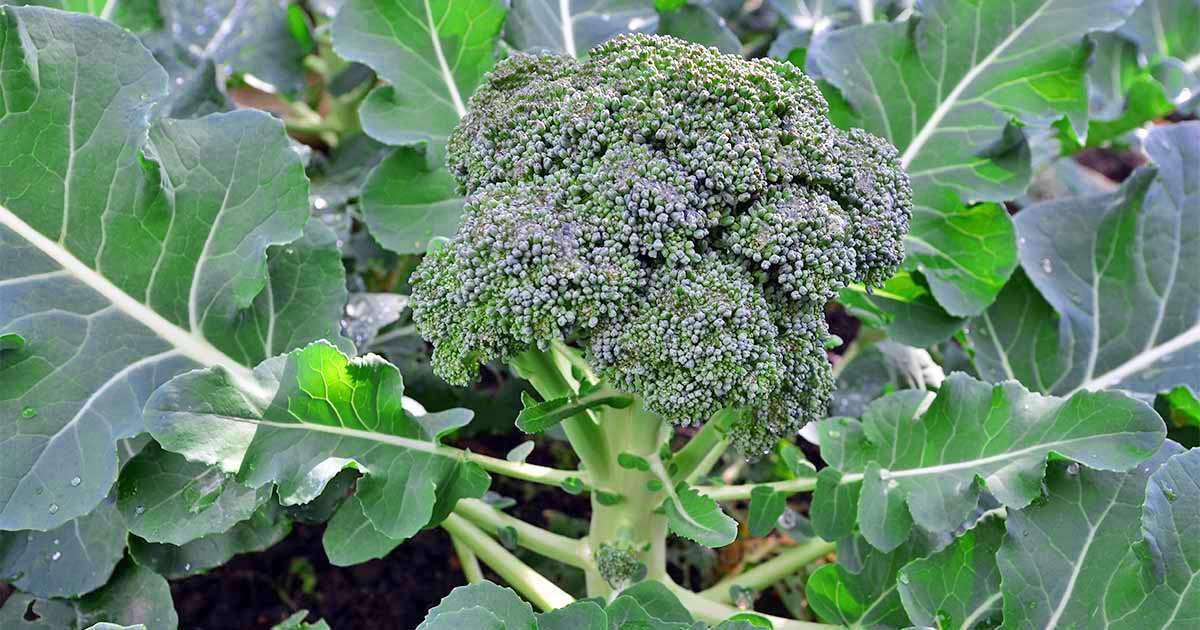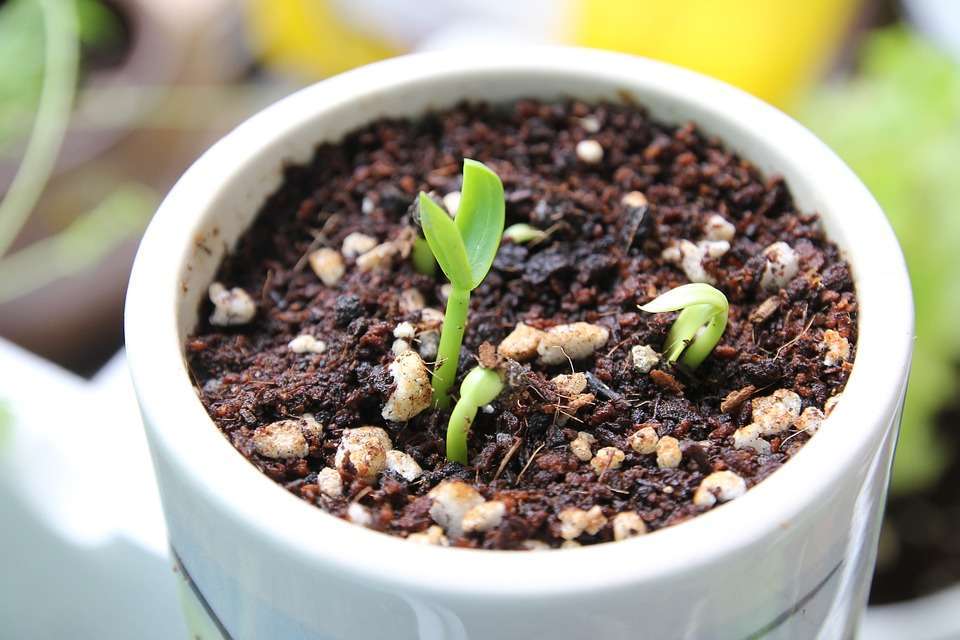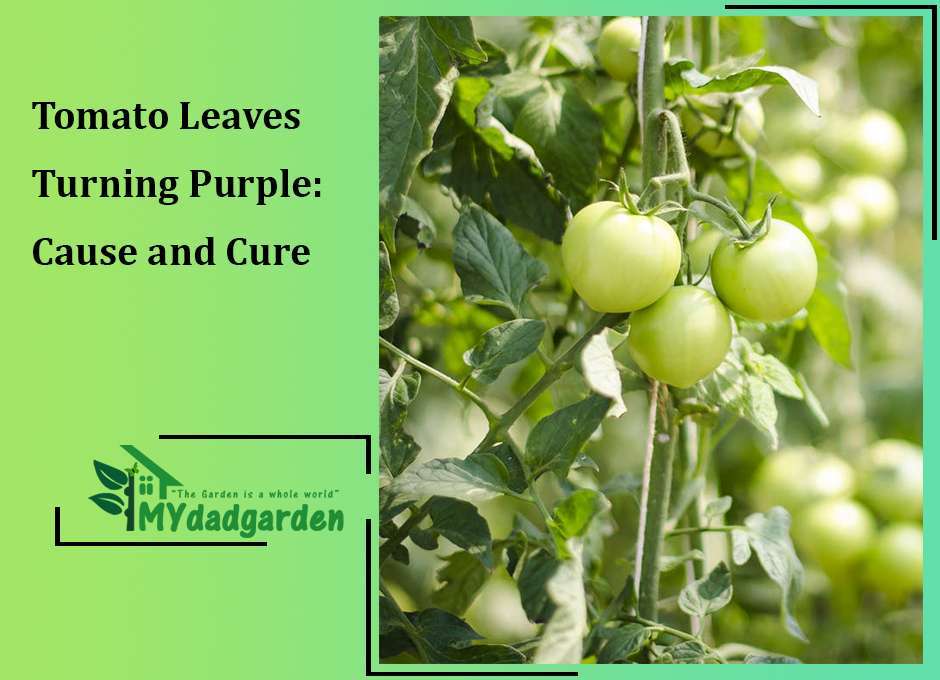Epsom Salt for Cucumbers: The Benefits of Magnesium Sulfate
Do you love growing cucumbers in your garden?
If so, you’ll want to read this blog post! In it, we discuss the benefits of Epsom salt for cucumbers. Epsom salt, also known as magnesium sulfate, can be used as a fertilizer.
It is an excellent choice for cucumbers because it helps them grow big and healthy. This blog post will talk about how Epsom salt can help your cucumbers thrive and produce delicious fruit

Table of Contents
Is Epsom Salt Good For Cucumbers?

Many gardeners swear by Epsom salt as a versatile tool for promoting plant health. This type of salt is rich in magnesium, which is essential for photosynthesis and helps to prevent blossom end rot in cucumbers.
In addition, Epsom salt can help loosen compacted soil, making it easier for roots to access nutrients and water. When used as a foliar spray, Epsom salt can also help to deter pests such as aphids.
However, it is essential to use Epsom salt sparingly, as too much can damage plants. Gardeners should also be aware that Epsom salt can increase the risk of sunburn, so it is best to apply it in the evening or on cloudy days.
Overall, Epsom salt can be a helpful tool for cucumber growers, but it should be used with care.

When To Apply Epsom Salt To Cucumbers?
There is no one correct answer to when to apply Epsom salt to cucumbers. Factors such as climate, soil type, and weather conditions can all affect the timing of this critical gardening task.
Ideally, it would help to wait until after your cucumber plants had begun to flower and set fruit before applying Epsom salt. This is usually around two to three weeks into the growing season.
You should include about 2 tablespoons of Epsom salt for every 12 inches of soil surrounding each plant’s main stem. Once you have added the salt, water it to absorb it into the ground completely.
The key to success with using home remedies such as Epsom salt for your cucumbers is to be patient and monitor their growth over time. You will be rewarded with a plentiful harvest of sweet and crunchy cukes with good care!

How To Use Epsom Salt For Cucumbers
Watering
Dehydration is one of the biggest threats to cucumber plants, as it can quickly weaken and even kill them. It is essential to give your cucumber plants plenty of water, especially during hot and dry periods, to prevent this from happening.
One easy way to do this is by incorporating Epsom salt into your watering routine. Epsom salt contains magnesium and sulfur, two essential nutrients that help to promote healthy growth and development in cucumbers. Adding just a small amount of Epsom salt to each watering can significantly impact the overall health of your plants, helping them stay hydrated and fight off the effects of drought.
Whether growing in containers or directly in the ground, using Epsom salt for cucumbers is an easy way to help your plants thrive no matter what the weather brings.

Foliar Spray
While Epsom salt is often used as soil fertilizer or applied directly to the roots, it can also be used as a foliar spray to help support healthy cucumber growth. Using Epsom salt as a foliar spray helps provide essential nutrients and minerals to the leaves, which can then be absorbed more easily by the plant.
Making an Epsom salt-infused spray is simple: combine some Epsom salt with water in a large container and stir until all of the crystals have dissolved. Then, transfer the liquid to a garden sprayer and use it on your cucumber plants. With regular application, your plants will be better equipped to deal with pests, disease, and climatic variations, resulting in healthier and more productive cucumbers.
So if you want to give your cucumbers an extra boost this season, consider using Epsom salt for maximum yield!

Side dressing
One way to use Epsom salt for cucumbers is side dressing or adding the salt directly to the soil near the base of the plant. This helps provide essential nutrients and prevent nutrient deficiencies in the plant’s roots.
You can either sprinkle a light layer of Epsom salt around each plant or mix it directly into the soil before planting. Another effective way to use Epsom salt for cucumbers is to make a homemade liquid fertilizer using Epsom salt dissolved in water. To do this, add one cup of Epsom salt to one gallon of water, then pour the mixture around your plants once or twice per week as needed.
With these simple, easy-to-follow tips, you can help your cucumber plants thrive and produce high-quality fruits all season long.

FAQ
Is Epsom salt good for vegetable plants?
Epsom salt is often lauded as a miracle cure for gardening problems. But is it as effective as people claim?
Epsom salt can certainly have some benefits when it comes to vegetable plants. It can help prevent root shock by increasing chlorophyll production and helping the roots absorb more nutrients.
This, in turn, can lead to improved flavor in the fruits and vegetables that the plants produce. In addition, Epsom salt can help deter pests and diseases, even promoting healthier growth overall. So if you’re looking for ways to improve your vegetable garden, Epsom salt is worth trying.

What type of soil is best for growing cucumbers?
In general, cucumbers prefer loose, well-drained soils rich in nutrients. But several factors may impact the success of growing these vegetables in different soil types, including pH levels, temperature, and water availability.
For this reason, gardeners will typically need to do some testing and experimenting to find the ideal growing conditions for their particular cucumber crops. Whether they opt for sandy loam or heavy clay soil, they are likely to be rewarded with bountiful yields if they pay careful attention to all aspects of their planting and care regimen.
Ultimately, when it comes to successfully growing cucumbers, there’s no one-size-fits-all solution; instead, it is essential to tailor your approach according to your garden’s specific needs and conditions.

How to prepare the soil for cucumbers?
If you want to grow cucumbers, you need to start with suitable soil. Cucumbers need warmth and lots of light, so choose a spot in your garden that gets plenty of sun.
The soil also needs to be fertile and well-draining. Before planting, add some aged manure or compost to the bed and work it into a depth of 6 to 8 inches.
This will help ensure that your cucumbers have the nutrients to grow. Once you’ve prepared the soil, you can plant your cucumber seeds or seedlings. With a bit of care, you’ll soon be enjoying fresh cucumbers from your garden.
Previous Article:What to Do If Your Avocado Leaves Are Drooping?

